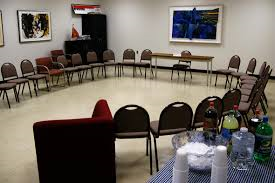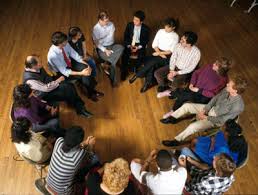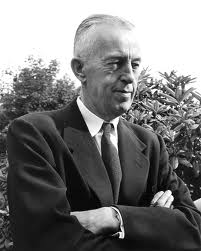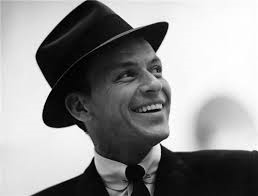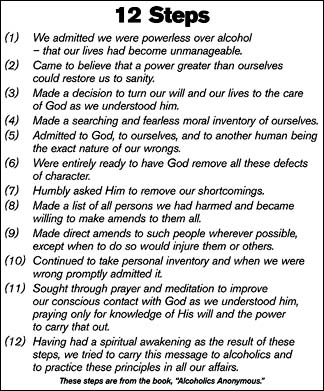The “God Stuff”
One of the things that I have struggled with during my many years of participation in AA and NA is what some of us call “the god stuff.” The references to religion, spirituality, God, and Higher Power are everywhere in the literature and the culture of AA. Even in the best efforts of the folks back in the 1930s, the “Chapter to the Agnostic” pretty much assumes that as soon as you start to come out of your addiction, and into the light, you will happily go back to some concept of God, albeit not necessarily the God of your childhood.
I have no concept of God. I never had a concept of God. My mother was an agnostic, and I think my father was an atheist. We attended the Unitarian church and we were introduced to many concepts of God from many traditions from around the world, but were never expected to accept any of them as our own. We were not told which concepts of God we were supposed to embrace. I came early to the idea of Atheism. I don’t remember how old I was, but I was certainly a freethinker by early elementary school.
A poll taken in the summer of 2014 and described in an AlterNet article and later published in Salon.com says “Now according to a new survey by the Pew Research Center, we know who is disliked the most. Atheists and Muslims appear to be in a statistical tie. While atheism itself is not a religion, it is often included in religious polls to help account for those who reject religion, instead of just non-affiliated believers.”
It is no wonder, that many atheists do not feel comfortable publicly discussing their atheism. If I am a member of the most hated religious group in America, but can pass, either by keeping my mouth closed or by suggesting that while not religious, I am spiritual, then why would I share my hated status with others, especially those in a program which absolutely has a significant spiritual and religious component.
I, however, do occasionally speak about my atheism in 12 step groups. Like on my sobriety anniversary, or when I see some newcomers struggling with the “god stuff” and I want to let them know that it is possible to work this program without a belief in God. Mostly though, I discuss this aspect of my recovery program with trusted friends outside of meetings. It has mostly been a private, sometimes lonely, an quiet quest.
This week I have an opportunity to attend the first We Agnostics & Free Thinkers International AA Convention (November 6–8, 2014 at the Unitarian Universalist Community Church in Santa Monica, California). In preparation for this experience I have found some resources to share with others who find themselves in the same dilemma I often find myself. I am a member of AA who works hard to translate everything into language that is acceptable to the Atheist that I am, and who works slightly less hard to keep that side of myself quiet as it is a matter of some shame to be a member of the most hated religious group in America.
First I want to give you the information for the Convention I am attending this weekend. If you are going please introduce yourself to me. If you are not going, stay tuned because I plan to do some blogging about the Convention. Also, there are plans for a second We Agnostics and Free Thinkers International AA Convention two years hence. So, be sure to sign up for the blog on their website to stay in the loop on that!
Another blog that I highly recommend is AA Agnostica: A space for AA agnostics, atheists and freethinkers worldwide. It contains so much information, I can get lost there for hours at a time, and each time a new post arrives in my mailbox I am anxious to see what wonderful thing they have to share. They feature a literature list, how to start an AA meeting, alternative steps and so much more.
A book that I discovered and now have a copy of on both my kindle and the kindle app on my phone is Beyond Belief: Agnostic Musings For A 12-Step Life: Finally, a Daily Reflection Book for Nonbelievers, Freethinkers and Everyone by Joe C. This is a thoughtful and really lovely daily reflection book. I think Joe C. has done a wonderful job in not making this exclusively for anyone. It truly is for everyone. And I am grateful to finally have a daily reflections book that works for me.
Get in touch with me here if you are going to be attending the convention in Santa Monica this coming weekend. I am so looking forward to sharing this journey with others and look forward to making lots of great connections!
If you enjoyed this article, subscribe to my blog and you’ll never miss my posts. Select the “follow” tab in the lower right-hand corner of this page. Then enter your email address in the space provided.. I promise that I will never sell, share, or rent your contact information.




